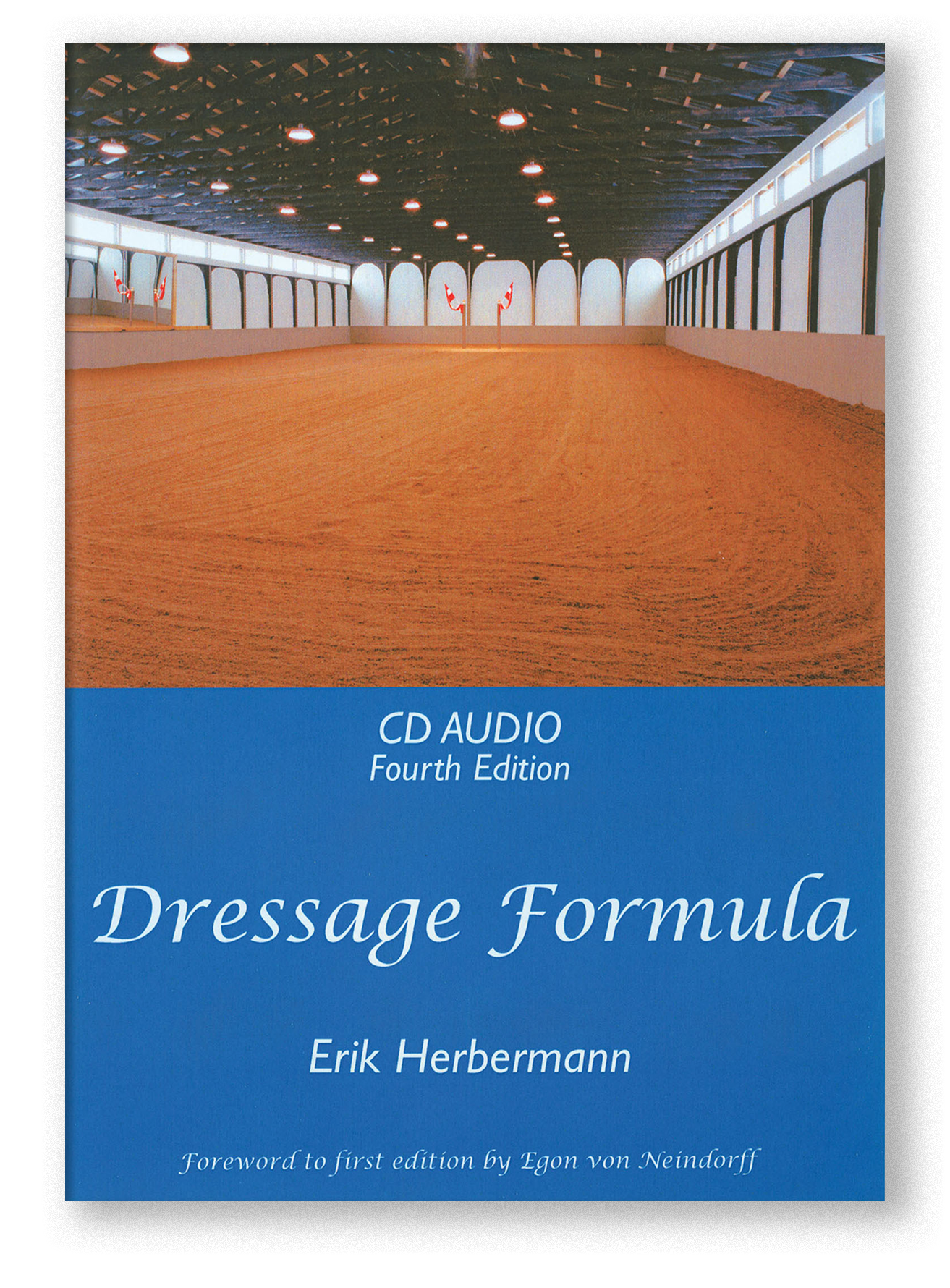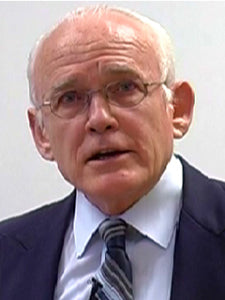36% off
Dressage Formula (CD Audio)
Erik Herbermann
$15.99
$24.95
Unit price
/
Unavailable
Description
This respected title hardly needs introducing. Erik Herbermann's Dressage Formula was first published in 1980 and has been in constant demand ever since. It has now been completely revised and extended for the fourth time and is presented in the same clear format that has helped to make it one of the most consistently popular and widely quoted books on the subject of dressage in print today. Based on the principles of the classical school, the author covers both the aesthetic and practical aspects of riding and training. A deep love for and knowledge of horses illuminates Herbermann's text.
This audio presentation is narrated by the author himself. The chapter introductions, Reflections, and poems are accompanied by brief excerpts of classical music, making this release not only a font for practical information, but also an elegant, enjoyable listening experience.
This audio presentation is narrated by the author himself. The chapter introductions, Reflections, and poems are accompanied by brief excerpts of classical music, making this release not only a font for practical information, but also an elegant, enjoyable listening experience.
Additional Information
Author: Erik Herbermann
Format:
Page Count: Run Time: 7 hours, 48 minutes
Illustrations:
ISBN: 9780972387514


